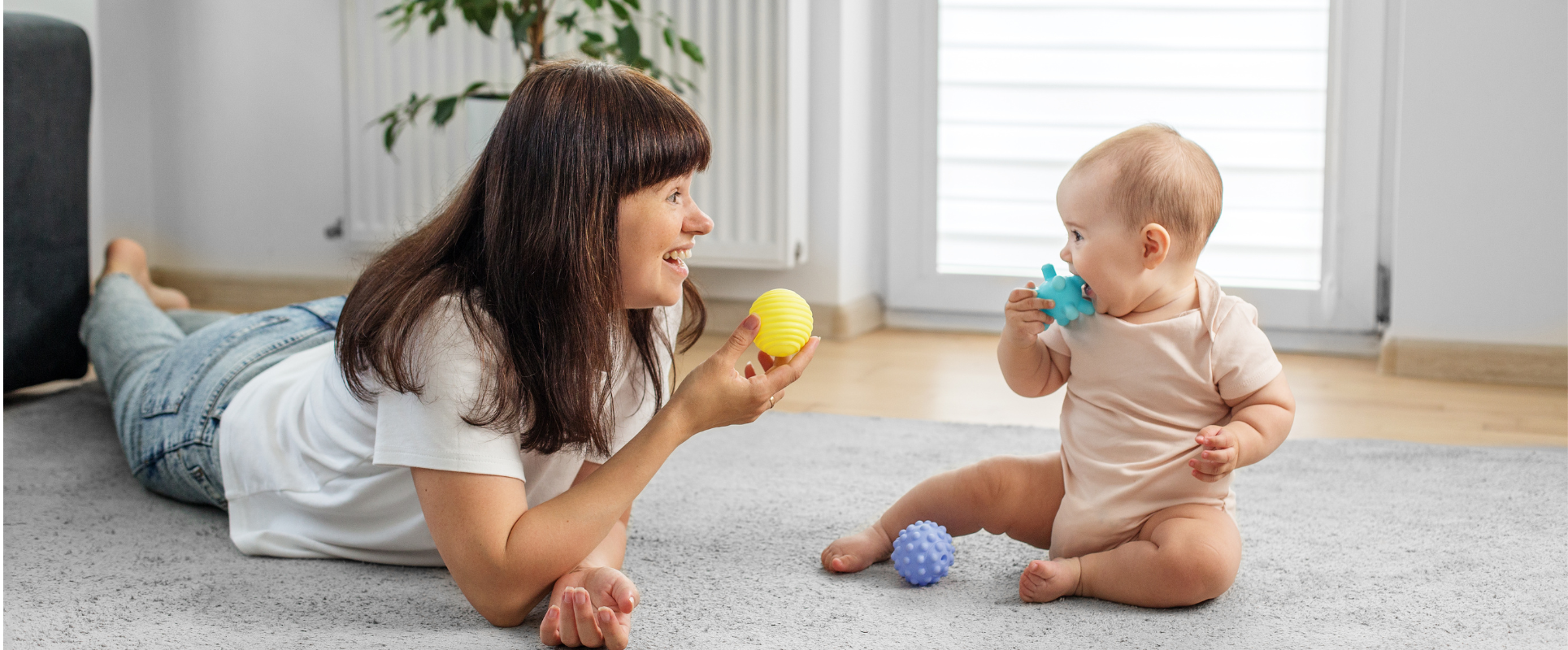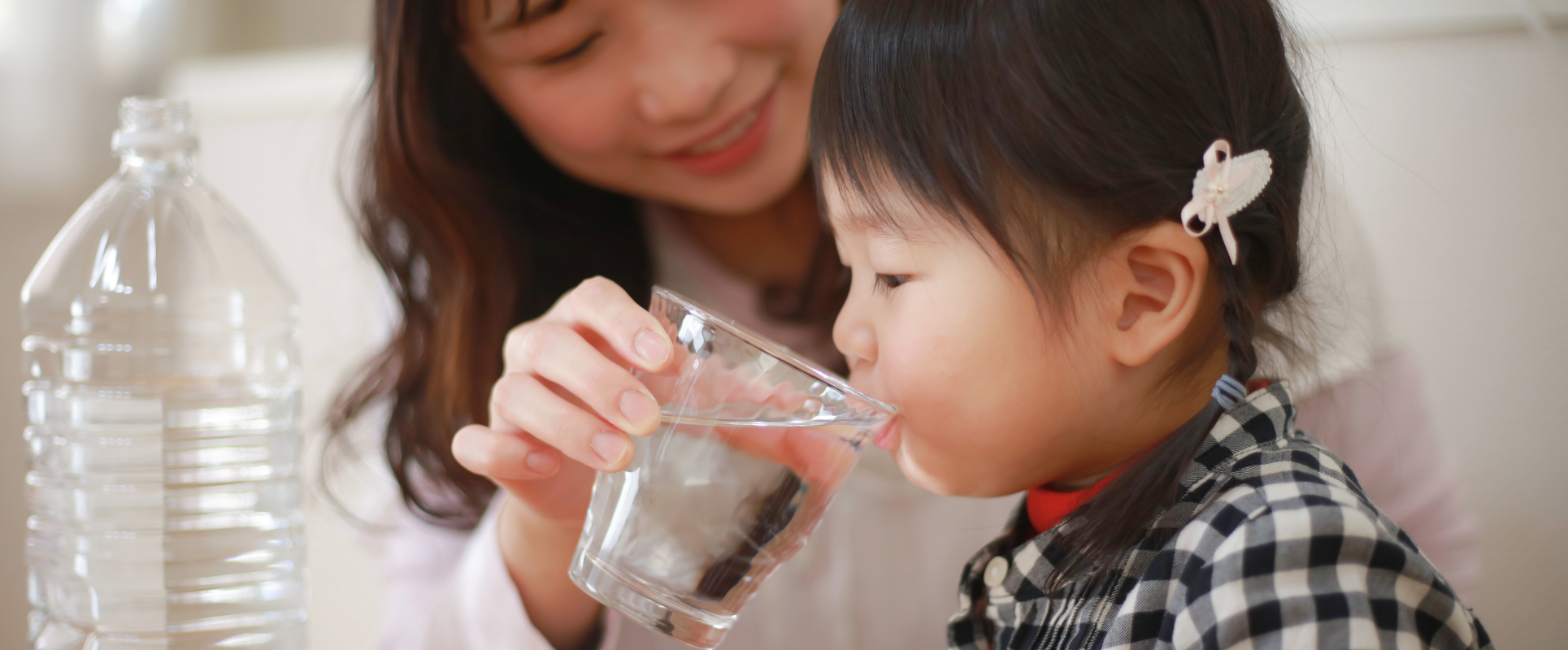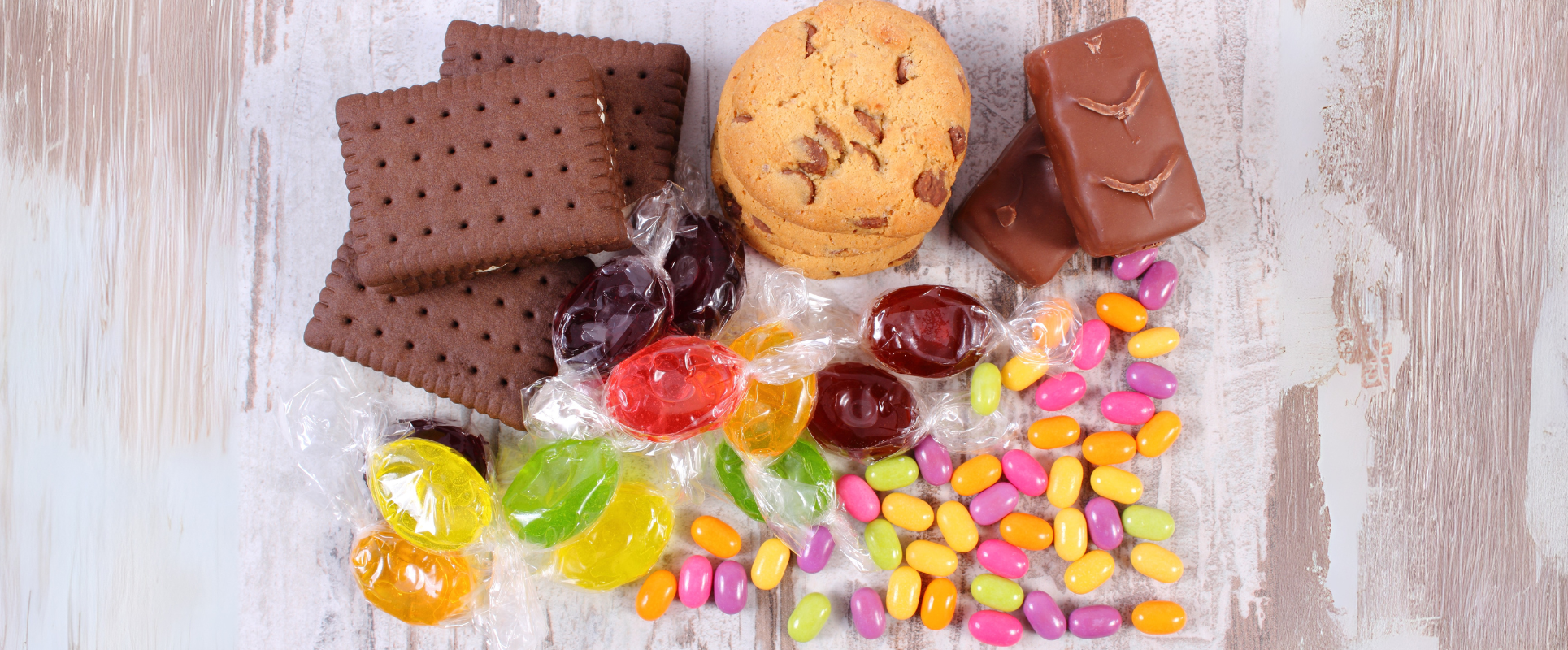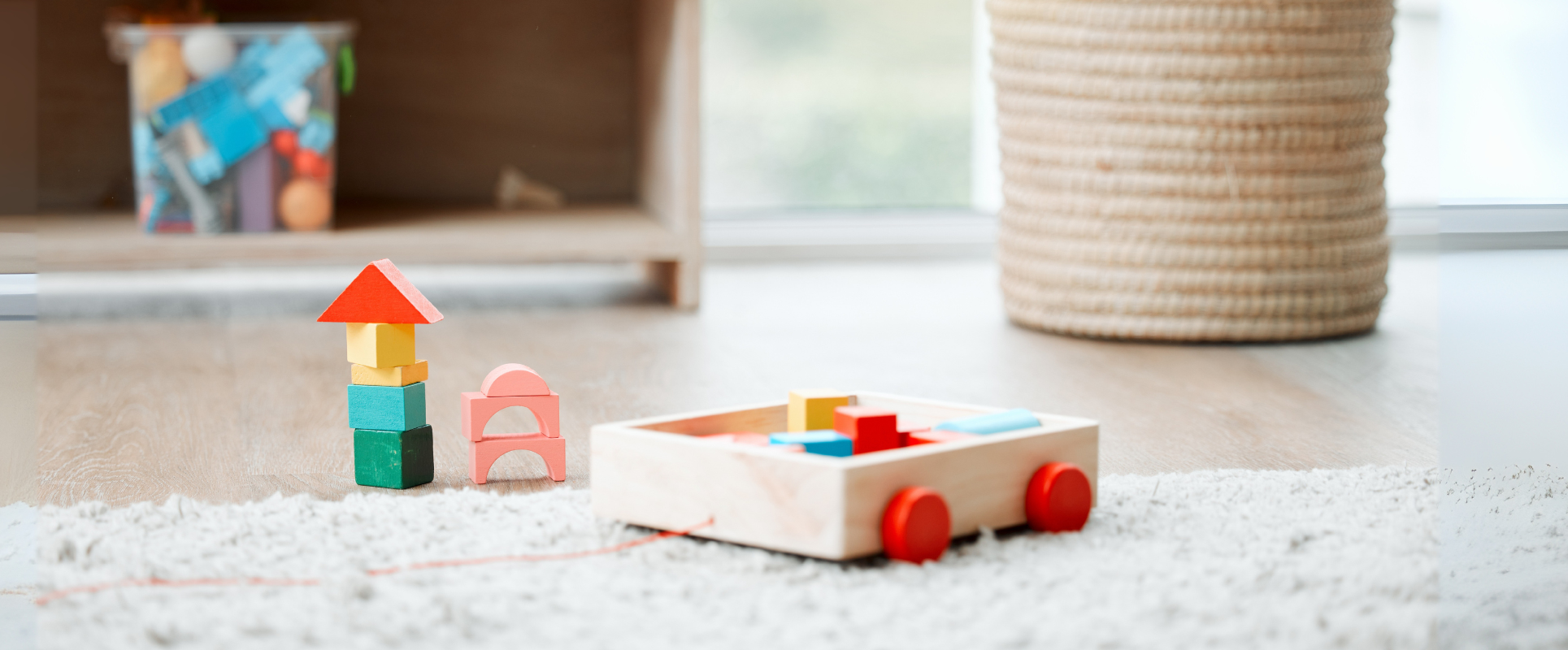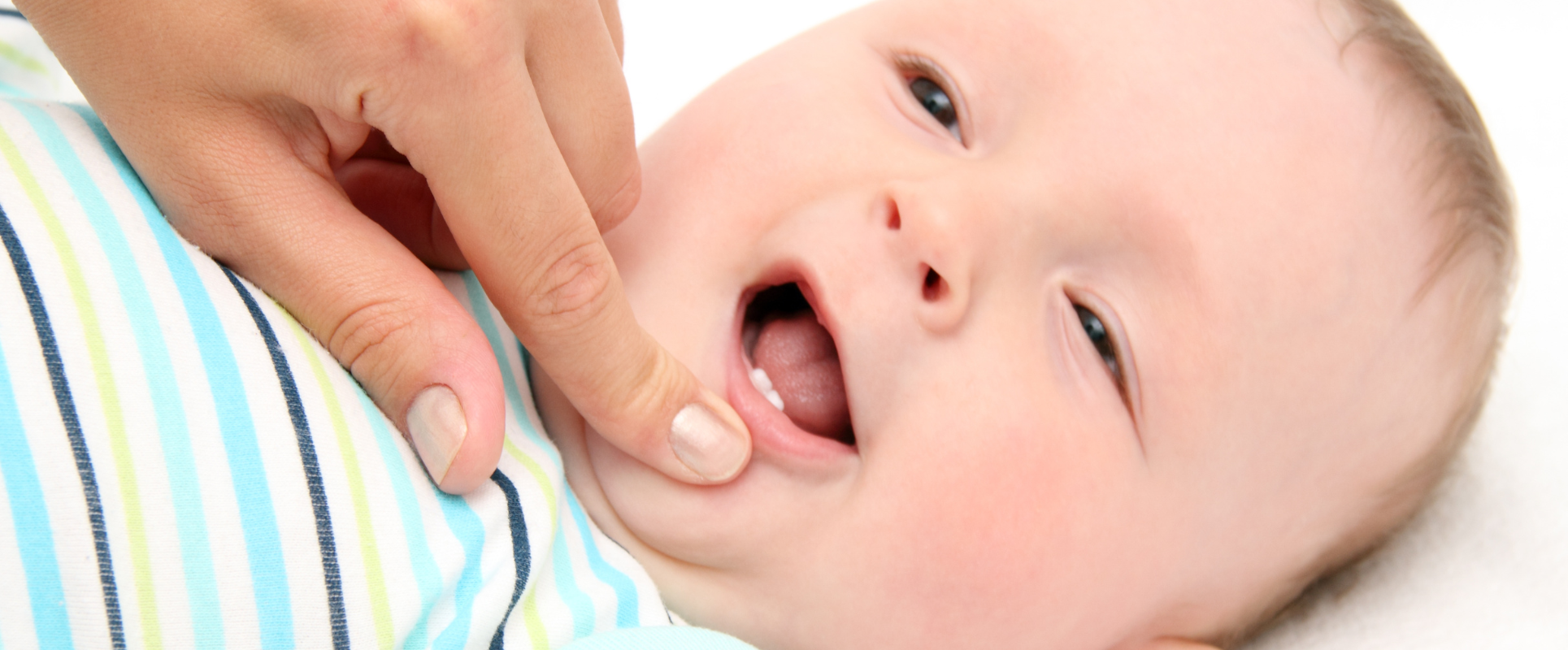
Baby’s First Teeth: A Complete Teething and Oral Care Guide for Babies
Teething is a natural but often uncomfortable part of a baby’s development. While parents often look for gels or teethers, some of the most effective ways to soothe teething symptoms are actually the gentlest — no medicine required.
1. When Do Babies Start Teething?
Most babies get their first tooth between 4 and 7 months, though some may start earlier or later depending on individual development.
Typical teething order:
-
Lower central incisors (6–10 months)
-
Upper central incisors (8–12 months)
-
Upper lateral incisors (9–13 months)
-
Lower lateral incisors (10–16 months)
-
First molars (13–19 months)
-
Canines (16–22 months)
-
Second molars (23–33 months)
By the age of 3, most children have all 20 primary teeth.
2. Signs Your Baby Is Teething
Watch for signs such as:
-
Excessive drooling
-
Chewing on hands or objects
-
Swollen or red gums, sucking on fingers
-
Fussiness, disrupted sleep
-
Reduced appetite, ear pulling or rubbing cheeks
Note: Mild fever can happen, but if your baby has a temperature over 38°C (100.4°F), diarrhea or a rash, consult your pediatrician.
3. Oral Care During Teething
a) Cleaning Gums and First Teeth
-
Gently wipe your baby’s gums with a soft, damp cloth twice a day.
-
Once teeth appear, use a soft-bristled toothbrush or finger brush suitable for infants.
b) Relieving Teething Discomfort
-
Use clean, chilled items like a muslin cloth or cold spoon for your baby to chew on.
-
Gently massage your baby’s gums with a clean finger.
-
Avoid teething gels that contain lidocaine or benzocaine. If necessary, choose natural formulas and consult your doctor.
4. Healthy Habits for Baby Teeth
-
Avoid putting your baby to bed with a bottle.
-
Limit sugar and fruit juice in the diet.
-
Schedule the first dental visit by age 1 or when the first tooth appears.
-
Encourage consistent oral care habits early on.
5. Frequently Asked Questions (FAQs)
Does teething cause diarrhea?
Teething doesn’t directly cause diarrhea. If your baby has persistent symptoms, consult your doctor.
Should I give pain medication?
Only use medication if advised by your pediatrician. Age-appropriate paracetamol may be recommended in some cases.
When should I take my baby to the dentist?
At the first sign of erupted teeth, or if you notice misalignment, discoloration or persistent gum pain.
Final Thoughts
Teething is a natural but sometimes uncomfortable milestone in your baby’s development. With gentle care, attention to hygiene and calming daily routines, most babies pass through this stage safely and smoothly.
While DabiDabi does not offer teething accessories, we support soothing rituals that bring comfort—like a warm bath or a calming scent to wind down.
Discover our gentle, skin-friendly products for babies and children!

